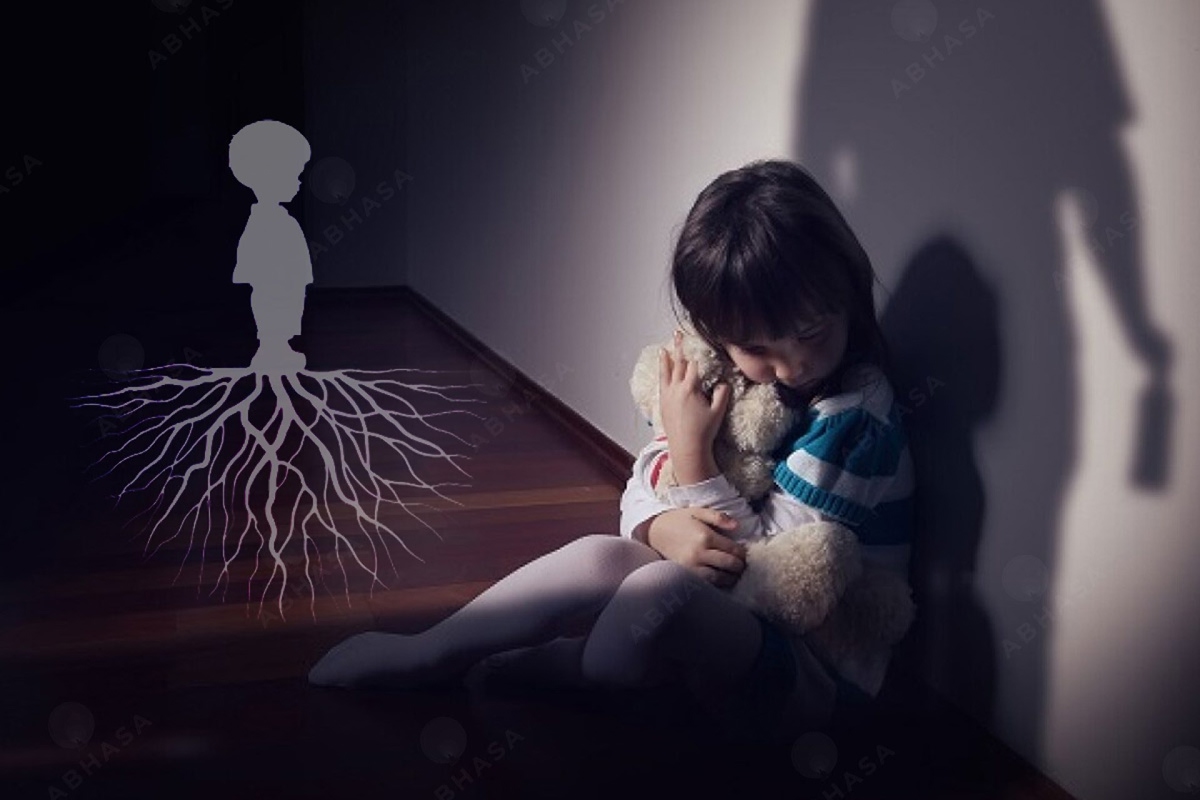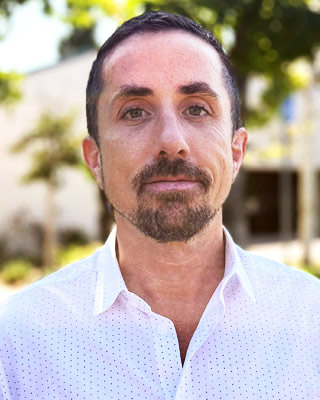Key Takeaways
- Untreated trauma can lead to mental health disorders, physical problems, and difficulties in adulthood.
- Conditions such as anxiety, depression, PTSD, and substance use are common effects of childhood trauma in adulthood.
- At 12 South Recovery, professional treatment supports healing, emotional resilience, and long term recovery.
The Hidden Scars That Follow Into Adulthood
Some wounds don’t leave visible marks, but they linger quietly beneath the surface. Traumatic experiences in childhood or early life can carry forward into adulthood, shaping how you think, feel, and connect with others. At 12 South Recovery, we’ve seen how untreated trauma can disrupt mental health, relationships, and even physical wellness long after the original event has passed.

What is Untreated Trauma
It is the emotional, physical, and psychological response to distressing events that was never properly addressed or resolved. Trauma can come from abuse, neglect, accidents, violence, grief, or sudden loss. When left untreated, it can stay lodged in the body and mind, surfacing in symptoms years later.
At 12 South Recovery, we see many clients who never connected their current depression, anxiety, or trust issues to childhood trauma. Trauma that remains unprocessed disrupts emotional balance and increases vulnerability to mental health struggles in adulthood.
Signs of Untreated Trauma in Adults
The signs of untreated trauma in adults can look different from person to person, but there are common patterns:
- Intense emotional reactions to small triggers
- Difficulty regulating anger, sadness, or fear
- Avoidance of people, places, or situations that bring reminders of the past
- Relationship struggles marked by mistrust or fear of abandonment
- Sleep problems, including nightmares or insomnia
- Turning to substances for relief from emotional pain
Many adults live with these signs without realizing they are symptoms of childhood trauma in adults. At 12 South Recovery, we emphasize that noticing these signals is the first step toward healing.
How Untreated Trauma Affects Mental Health
How untreated trauma affects mental health is complex and far-reaching. Emotional wounds often shape thought patterns and behaviors in adulthood. Untreated trauma can lead to:
- Depression, with persistent sadness and hopelessness
- Anxiety disorders, including panic attacks or social anxiety
- PTSD, with flashbacks, hypervigilance, and intrusive memories
- Substance use, as people try to numb difficult emotions
- Difficulty trusting others, leading to isolation
Without care, these effects build over time, making it harder to function at work, school, or in relationships. Professional treatment at 12 South Recovery helps address these layers with evidence-based therapies and holistic support.
Mental Health Disorders Linked to Untreated Trauma
There are several mental health disorders linked to untreated trauma. These include:
- Anxiety disorders which often stem from ongoing hyperarousal and fear
- Depression fueled by unresolved grief or hopelessness
- Bipolar disorder which may intensify due to trauma triggers
- PTSD directly tied to unresolved trauma responses
- Personality disorders where early traumatic experiences shape how individuals see themselves and the world
These disorders do not define a person, but untreated trauma increases the risk of developing them. At 12 South Recovery, therapy focuses on addressing both trauma and co-occurring disorders to support recovery.
Long Term Effects of Untreated Trauma on Adulthood
The long term effects of untreated trauma on adulthood are significant. Emotional wounds that remain unaddressed often create patterns of instability:
- Struggles maintaining healthy relationships
- Increased risk of substance use and relapse
- Chronic physical health issues such as headaches, gastrointestinal problems, or high blood pressure
- Difficulty managing stress in everyday life
- A deep sense of unworthiness or shame
These effects highlight why professional help is so important. Trauma that is ignored does not go away on its own. It grows into lifelong challenges that require care and support to overcome.
What’s the Difference Between Trauma and PTSD
| Trauma | PTSD |
| Emotional and physical response to a distressing event | A diagnosable mental health condition that develops when trauma symptoms persist |
| May include fear, sadness, or shock immediately after the event | Includes recurring symptoms such as flashbacks, nightmares, and avoidance behaviors |
| Not everyone who experiences trauma develops PTSD | PTSD develops in some individuals when trauma remains unresolved over time |
In short: Trauma is the initial reaction to a painful experience, while PTSD occurs when those symptoms remain and disrupt daily life. At 12 South Recovery, treatment helps reduce these symptoms and restore balance.
How Can Childhood Trauma Impact Adulthood
The effects can be lifelong. Experiences of neglect, abuse, or instability in childhood often show up later as difficulty trusting, struggles with intimacy, or emotional dysregulation.
Childhood trauma responses in adults may include anxiety, depression, or substance use. Many people find themselves repeating patterns they learned in unsafe environments. Treatment at 12 South Recovery helps break these cycles by addressing both the trauma and its adult manifestations.
How Does Trauma Impact Physical Health
Trauma doesn’t just affect the mind. The body carries it too. Chronic stress hormones like cortisol can remain elevated, leading to physical problems such as:
- Weakened immune system
- Increased risk of heart disease
- Digestive issues
- Chronic pain or headaches
At 12 South Recovery, we emphasize the connection between physical and emotional health. Healing trauma often improves physical symptoms as well as mental health.
Healing Is Possible With the Right Support
Trauma may leave lasting marks, but it doesn’t have to shape your future. At 12 South Recovery, we use proven therapies and holistic care to help you process the past and build resilience. Call 12 South Recovery Today! Our caring team is here to support your healing, restore balance, and guide you toward a hopeful life.































